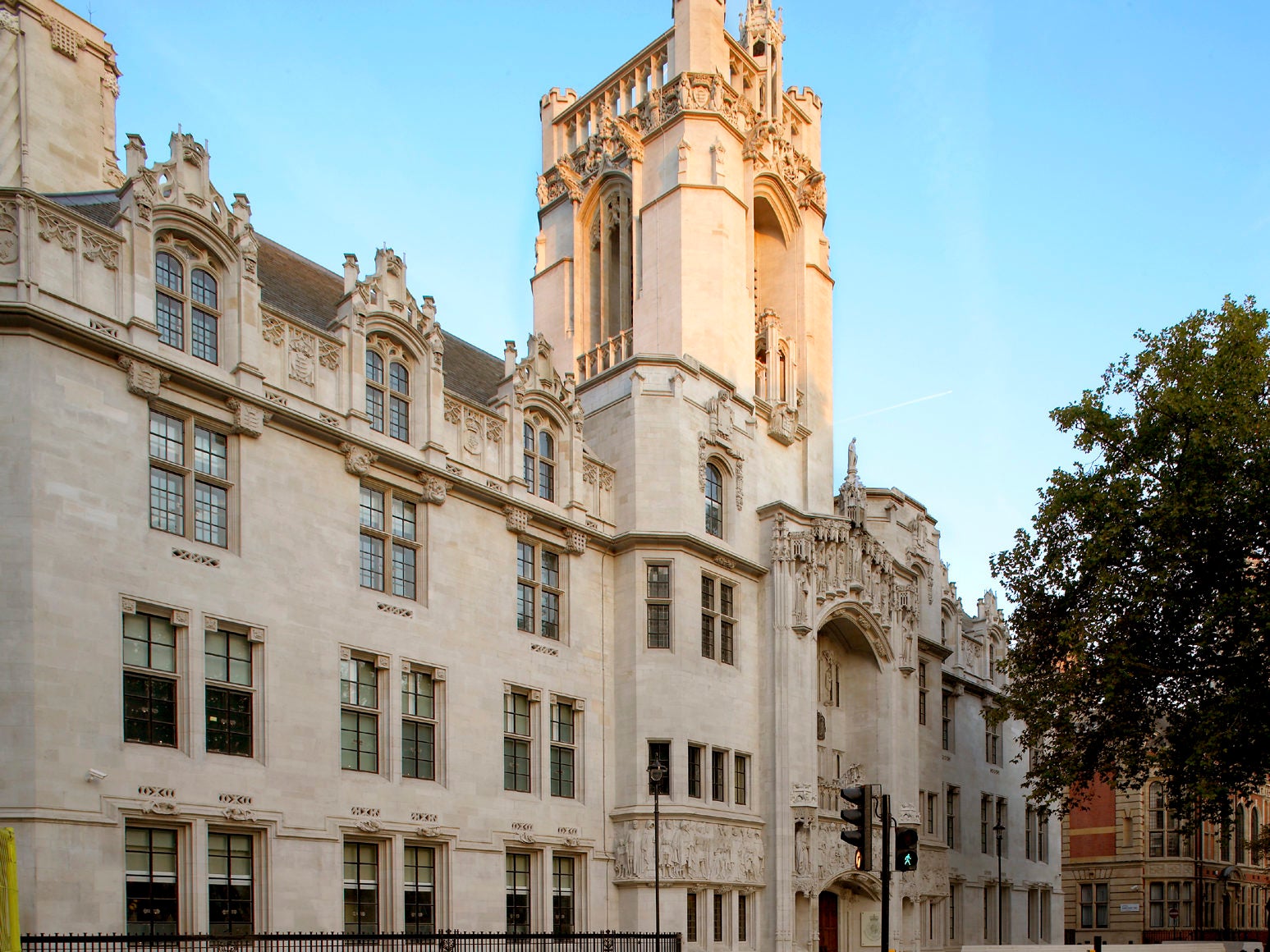The UK Supreme Court supports the defense of the qualified concession over the coverage of the Pakistan Assembly

[ad_1]

The Supreme Court rejected the attempt to demand the test of the defense of the qualified concession in the United Kingdom in a defamation trial, saying that the request “does not raise a immigrant legal point.”
Salman Iqbal, the founder and head of the Pakistani broadcaster Arie, was trying to sue another Pakistani network, Gio News, over the coverage of 2022 for a political patient held in Pakistan in which the speakers attacked Iqbal and his company.
Under the 1996 defamation law, the just and accurate public interest reports are protected from public meetings or press conferences held anywhere in the world with qualified privilege, provided that they are produced without malice and corrections are published if obtained.
In November 2023, the Supreme Court judge decided that although the gathering was a general meeting for the purposes of the defamation law, whether Geo News coverage has fulfilled the malice and public interests that cannot be settled with a brief ruling and will have to go to trial.
Geo News appealed this decision and in December last year, the Court of Appeal approved, and the ruling of the trial was not necessary and the judge had to make a brief ruling for the defendant. The order of the matter escalated to the Supreme Court, which last month confirmed the decision of the Court of Appeal and ordered the request to pay the costs of news.
[Read more: Qualified privilege defence to be tested in UK libel battle between two Pakistani broadcasters]
What are the details of the case?
Geo News broadcasts in the United Kingdom. In underground broadcasts – live coverage of the gathering and one of the following newsletters includes the deputy head of the Islamic Association in Pakistan, Maryam Nawaz Sharif Iqbal, of smuggling gold and claimed that he had a “corrupt relationship” with former Prime Minister Imran Khan, when, he received Favor for his returns on Ary Digital.
Judge Lewis stood in the Supreme Court, with Geo’s news somewhat, found that the gathering was “a real general meeting held in the political elections and was very clear about the political failures of Amran Khan, and discussed important issues.”
However, he said that the points that claim the (deliberate wrong) slag in the case of turnout was “good” and that it was unclear whether the gathering had a “adequate position” to cover the public interest or the public benefit in the United Kingdom.
Writing in December Court of Appeal bidderHowever, “There was no basis for the conclusion that none of the two complaining broadcasts” not for the public benefit “…
“The judge has truly determined that many of the defendant’s criticism of the case of the plaintiffs were valid, most of the proposals that were best relied on at best for the allegations of neglected or irresponsible press and were not able to establish the possibility of slag.
“The decisive issue was whether the plaintiff had a real possibility to prove that the defendant informed the allegations that she complained about that they were wrong, or with a reckless indifference to their reality.
“With regard to the live broadcast, he had no clear possibility because there was no evidence or any suggestion that the defendant had previously known what the speaker would say.”
Moreover, they said that the prosecutor nor the judge Lewis had not specified “any realistic proposal” that is likely to prove that a person responsible for Geo News had “participated in broadcasting the spokesman’s allegations with a reckless knowledge or ignorance of his prosperity.”
In April, Lords Hodge, Legate and Stevens at the Supreme Court to reject The appeal against this decision “because the request does not raise a controversial legal point” and ordered a demand to pay costs for geographical news.
Read the entire Supreme Court ruling.
Email piged@pressgazette.co.uk To refer to errors, give the story tips or send a message to publish on the “Letters Page” blog
